Welcome to the guide in which I will demonstrate how to gain money in Mount&Blade Warband.
Missions
You are aware of the Merchant’s objective to rescue the Brother; if you complete this task, you will receive 500-600 dinars, which is a very good starting point.
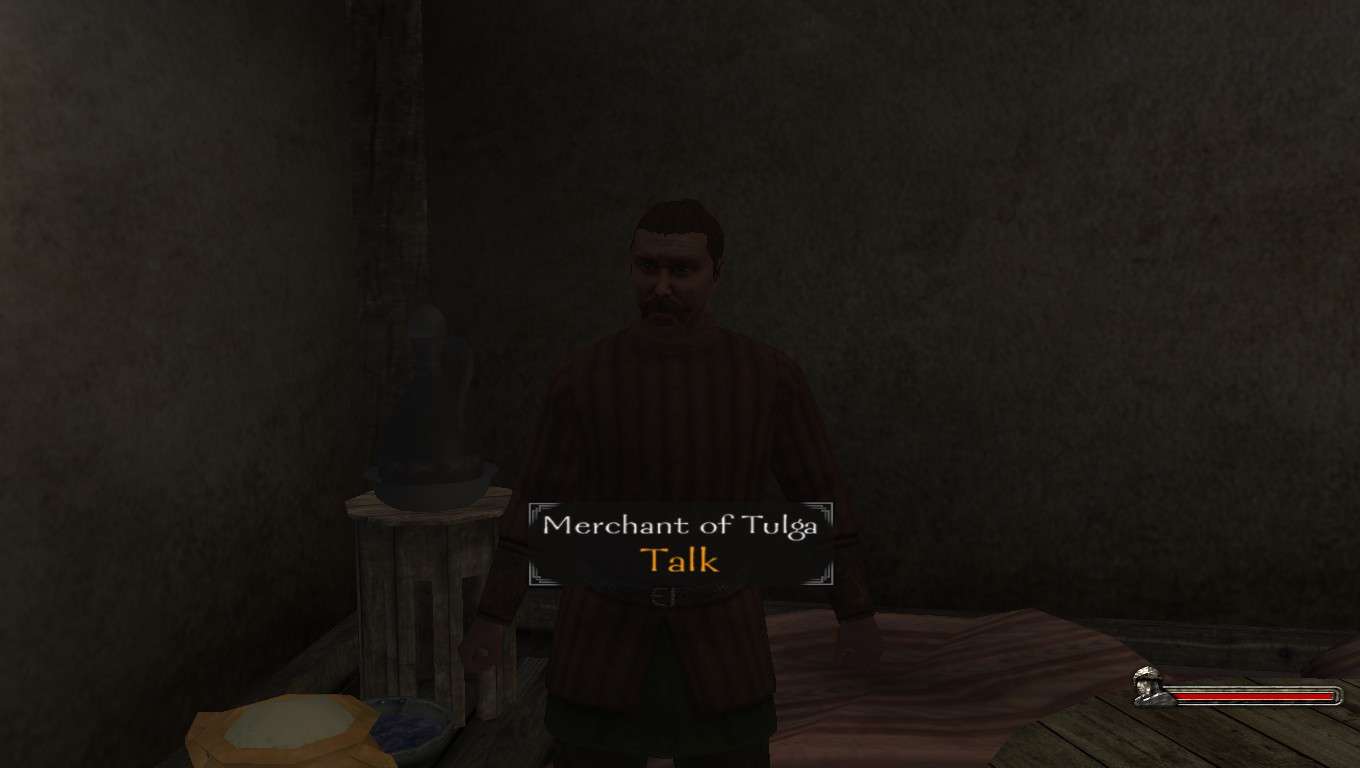
Although Lords’ and Guild Masters’ tasks are only for xp, there are plenty of dinars in the ‘Tax Quest,’ which is a really lovely quest from the lords that own property.
We complete the tax quest and collect the money, but we do not return it to the Lord. There is no duty time after collecting the tax, so as long as you are not caught by the Lord, you can spend the money freely.
Spoils of War
Following each combat, we can take the enemy’s things into our inventory and sell them in the cities. My advise at the start of the game is to walk down the coast of Rivacheg City after obtaining the Rhodok Crossbowman. You can easily contract at the start of the game if you place your forces on a hill.
The loot after the war will rise if you improve your looting ability.
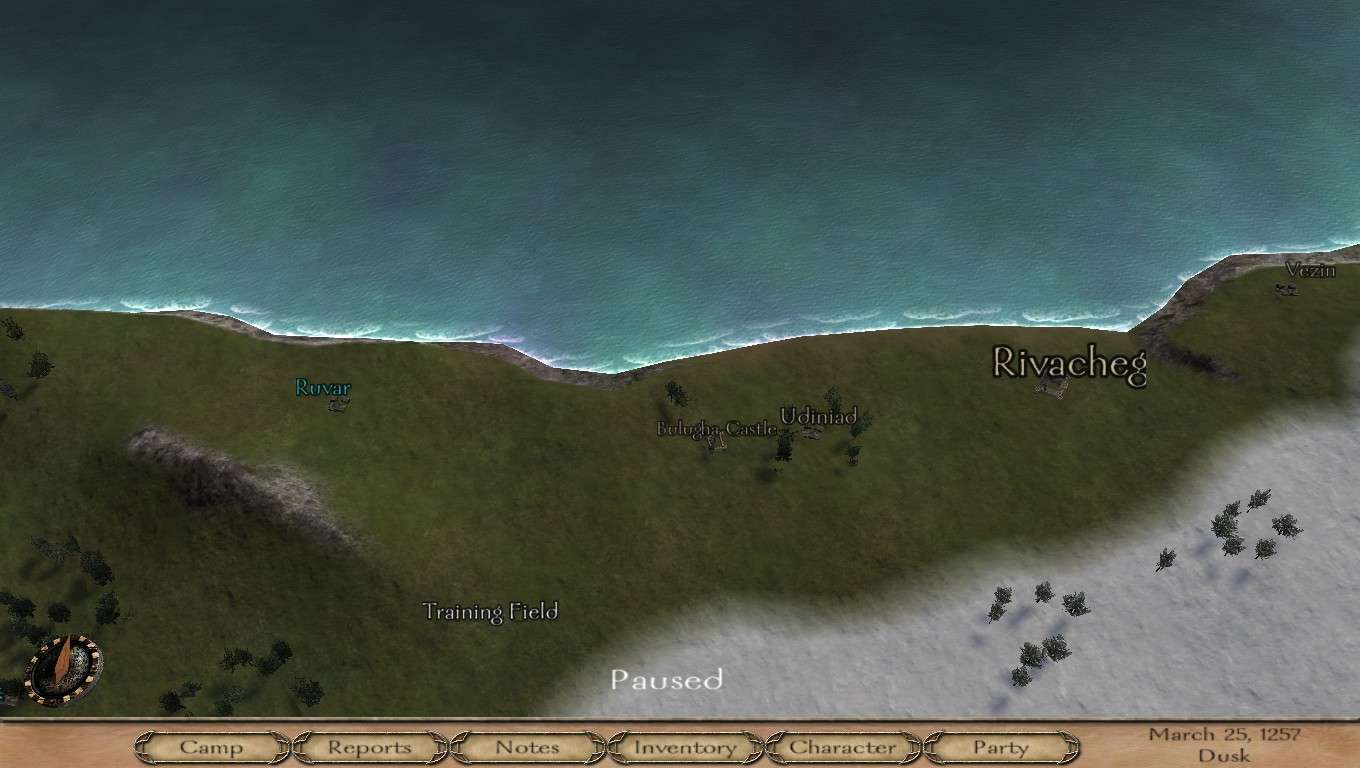
Prisoners
Stun weapons are carried by bounty hunters and troops such as Swadia Knights, Veagir Veterans, and Sarranid Mamluke. If you have the ability Captive Management enabled, you can take faded enemy soldiers after a combat and sell them at Taverns for a hefty price.
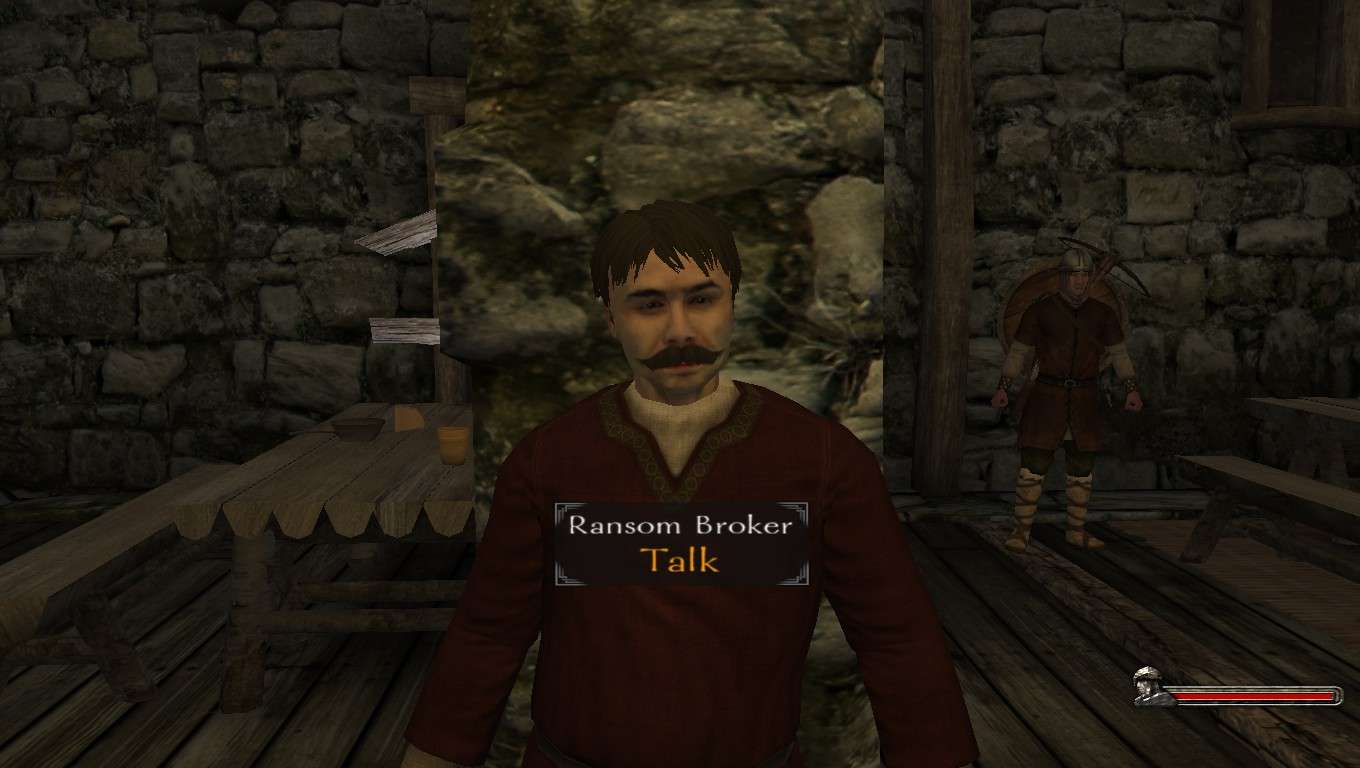
Trade
Trading in Warband entails traveling large distances, but don’t worry because if you buy iron in Curaw City and sell it in Rivacheg City just next door, you will make nearly 100% profit, and I will show you numerous ways to do it.
- You can make a lot of money if you buy spices in Tulga and sell them in the Northern Cities or in Ahmerrad and Durquba in Sarranid.
- Suno has cheap oil, which you may buy and sell in Dhirim.
- Grain, for example, is inexpensive in the towns surrounding Dhirim, where you can purchase and sell.
- You can make about 100% profit if you buy salt in Wercheg and sell it to Sargoth.
- Furs can be purchased in Khudan and sold in Ahmerrad.
The most essential thing to remember here is that the more you buy, the more it gains in value, and the more you sell, the less money it costs, so keep that in mind and trade appropriately.
Shops
Shops provide a consistent source of income, but the key is not to create a shop, but to open it in the correct location.
We’ll start by saving 10,000 dinars and opening a velvet business in Rivacheg. This will provide us with 1,000 dinars per week.
My advise is to create a velvet shop everywhere, but collecting 10,000 dinars each time can be tough, so I thought it was appropriate to give alternatives to shops.
- In Veluca, we’ll be opening an oil shop. The price of oil in the shop is 3.5k dinars.
- We are opening a blacksmith shop in Jelkala for 4.5k dinars.
- We are opening a Tannery Shop in Yalen for 8000 dinars.
- We open a Tannery Shop or a Wool Shop in Praven; the Tannery Shop costs 8k dinars and the Wool Shop costs 6k dinars.
- We are opening a Wool Shop in Suno for 6,000 dinars.
- In Uxkhal, we open a Beer Shop or a Wool Shop. The Beer Shop is 2.5k dinars, whereas the Wool Shop is 6k dinars.
- We opened a blacksmith shop in Dhirim for 4.5k dinars.
- For 8000 dinars, we will open a Tannery Shop in Tulga.
- We’re opening a Velvet Shop in Ichamur for 10,000 dinars.
- We are opening a tannery store in Khudan for 8000 dinars.
- We’re opening a blacksmith shop in Curaw for 4.5k dinars.
- In Reyvadin, we will open a Wool, Tannery, or Velvet Shop. The Wool Shop is 6k dinars, the Tannery Shop is 8k dinars, and the Velvet Shop is 10k dinars.
- For 10,000 dinars, we’re opening a Velvet Shop in Wercheg.
- We open a Wool Shop or a Blacksmith in Sargoth. The Wool Shop is 6k dinars, whereas the Blacksmith Shop is 4.5k dinars.
- In Thir, we open a Wool Shop. The Wool Shop costs 6,000 dinars.
- In Shariz, we plan to open an oil shop, a wine shop, or a linen shop. The price of the Oil Shop is 3.5k dinars, the Wine Shop is 5k dinars, and the Linen Shop is 6k dinars.
- For 3.5 dinars, we will open an oil shop in Durquba.
- We are starting a blacksmith shop in Ahmerrad for 4.5 thousand dinars.
- In Bariyya, we will open an oil shop, a wine shop, and a linen shop. The Oil Shop is 3.5 thousand dinars, the Wine Shop is 5,000 dinars, and the Flax Shop is 6,000 dinars.
You go to the guild leaders and tell them you want to create a shop; your relationship with the lord and the city is very essential here because if there is a -1 relationship, we cannot open a business, so we must be careful with our relationships.
Taxes on Property
When you swear allegiance to the King or establish your own Kingdom, the taxes from the properties you possess will supply you with a steady flow of money. This will only stop when the properties are looted/captured, but the village will continue to pay taxes once it returns to normal after the looting.
The value of this money is determined by whether your property is rich or poor.

Money from Tournaments
You will receive 200 dinars if you win a tournament, but if you are confident, you can enhance this to 3980 dinars by wagering 100 dinars per hand.
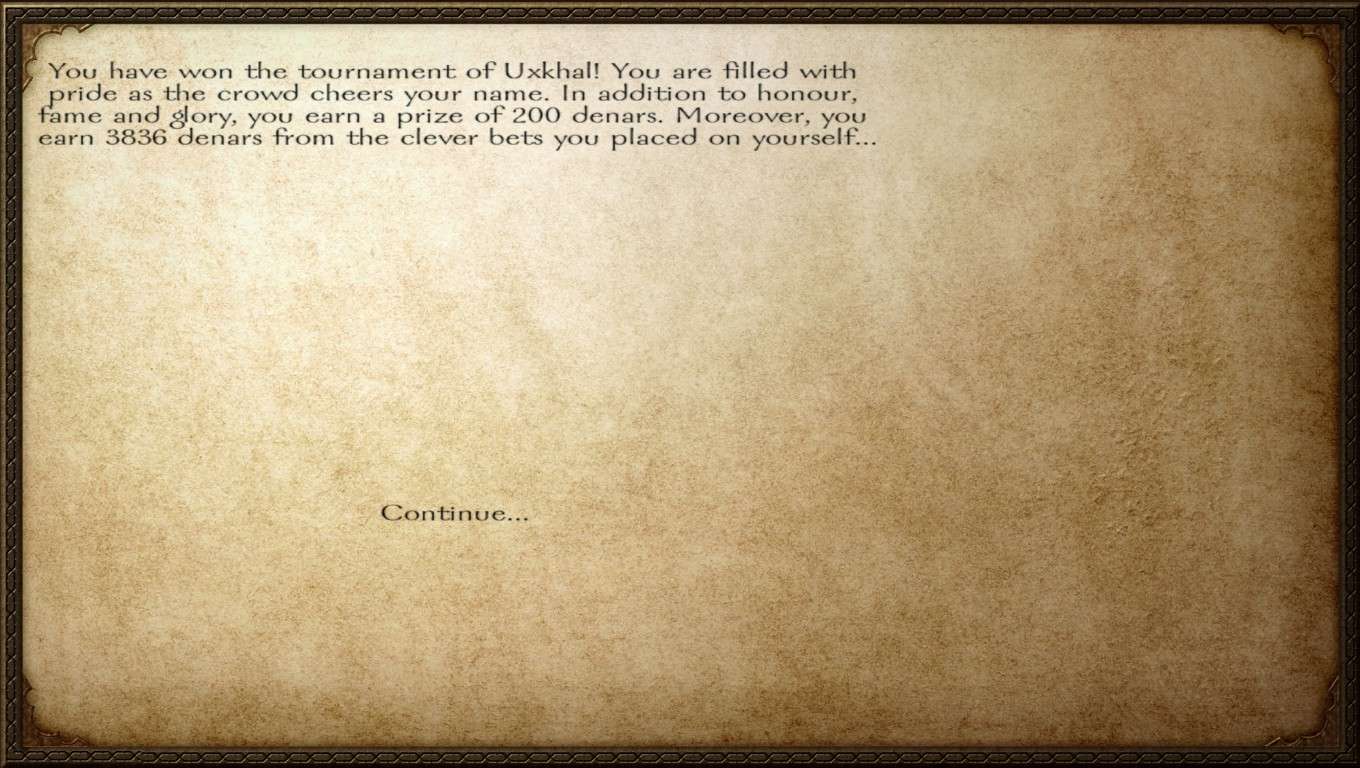
Caravans
Caravans travel from city to city on the map, transporting important items like velvet and raw silk. Attacking caravans means declaring war on that Kingdom, thus you should avoid attacking caravans until they are completely grown.
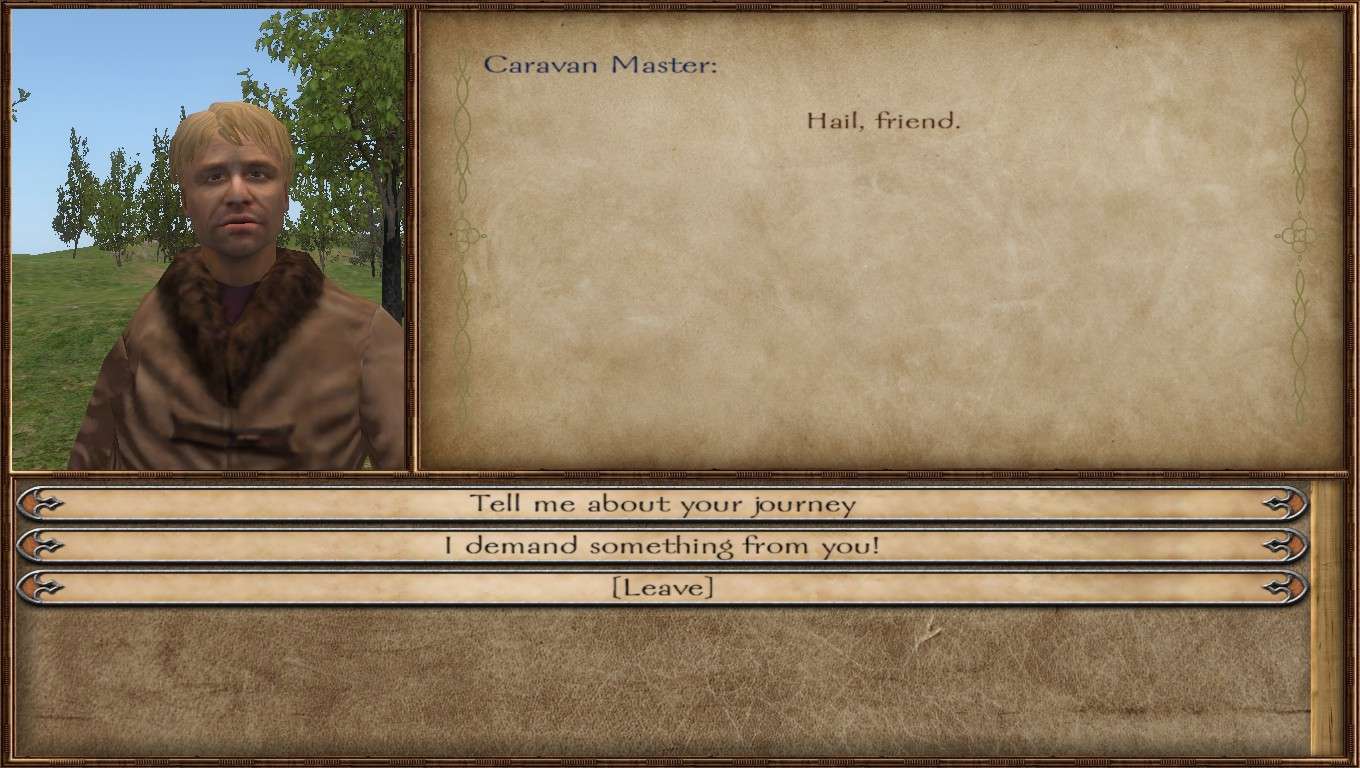
Looting
I saved this method for last because it pays well, but it’s a problem at the beginning of the game because if the lord of the village you’re looting sees you looting, he’ll probably take you prisoner and you’ll have to start over, so don’t bother with it unless you’re in trouble.
That's everything we are sharing today for this Mount & Blade: Warband guide. This guide was originally created and written by Jaeqethualin. In case we fail to update this guide, you can find the latest update by following this link.